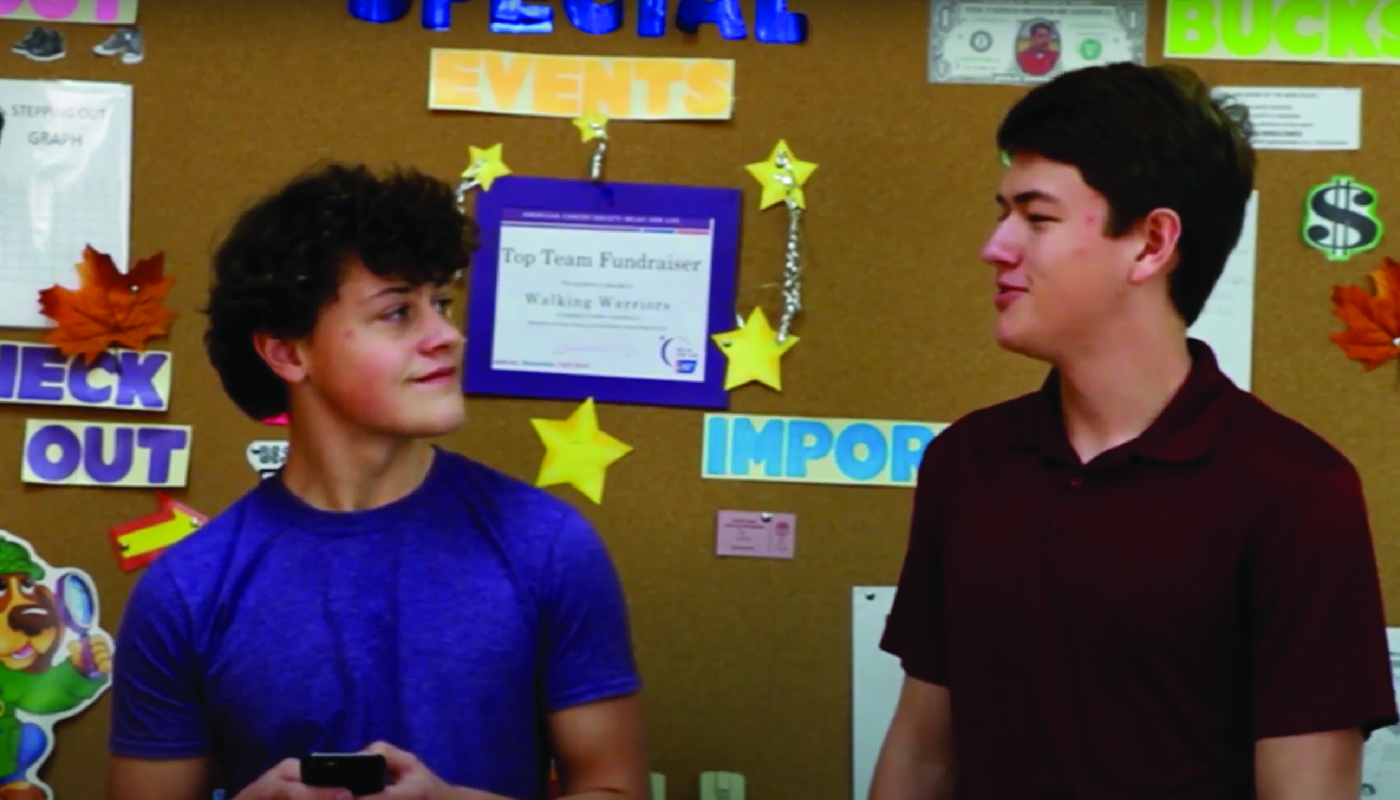
Introduction
Small talk is an essential social skill that helps individuals establish connections, foster relationships, and navigate social situations. For middle school students, small talk can make the difference between feeling isolated and being part of a supportive community. In this blog post, we will explore the importance of small talk, provide a no-prep activity for educators to use in the classroom, and offer discussion questions to encourage further engagement.
No-Prep Activity: The Small Talk Carousel
This simple activity requires no preparation or materials and helps students practice their small talk skills in a fun and interactive way. Here’s how it works:
- Have students stand in two circles, an inner circle and an outer circle, facing each other.
- Assign a conversation starter for each pair of students, such as “How was your weekend?” or “What’s your favorite hobby?”
- Give students 1-2 minutes to engage in small talk, using the conversation starter as a guideline.
- When the time is up, have the outer circle of students rotate one person to the right, giving everyone a new partner.
- Repeat steps 2-4, with new conversation starters, until students have had the opportunity to interact with multiple partners.
By participating in the Small Talk Carousel, students can practice their conversation skills, learn to listen actively, and discover common interests with their peers.
Discussion Questions
After completing the Small Talk Carousel activity, use these discussion questions to encourage further reflection and engagement:
- Why is small talk important in building relationships with others?
- What strategies did you use to keep the conversation going during the activity?
- How did you feel when you found a common interest with a partner?
- What challenges did you face during the activity, and how did you overcome them?
- How can you apply the skills you practiced in this activity to real-life situations?
Related Skills
Beyond small talk, middle school students can benefit from developing other social-emotional skills, such as:
- Active listening: Paying full attention to the speaker, asking questions, and providing feedback.
- Empathy: Understanding and sharing the feelings of others.
- Conflict resolution: Addressing disagreements in a constructive and respectful manner.
- Assertiveness: Expressing one’s feelings, needs, and opinions in a respectful and confident way.
Next Steps
Developing strong social skills is crucial for middle school students as they navigate the complexities of adolescence. To support your students in their social-emotional learning journey, we encourage you to sign up for free sample materials from Everyday Speech. These resources cover a wide range of skills, including small talk, active listening, empathy, and more, providing valuable tools for educators to foster a supportive and inclusive classroom environment.

